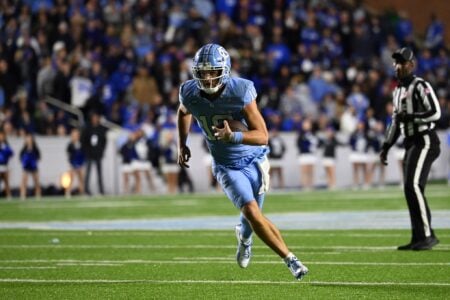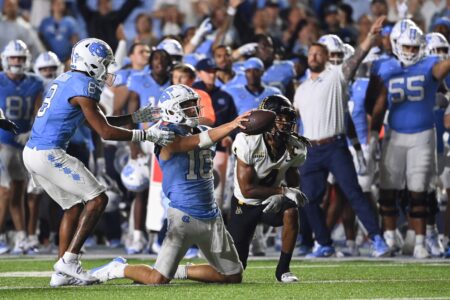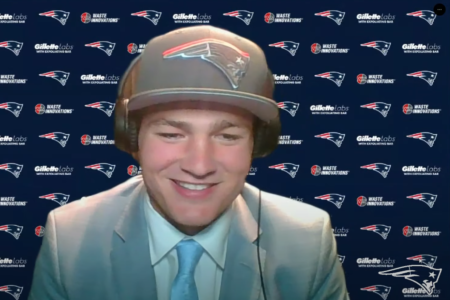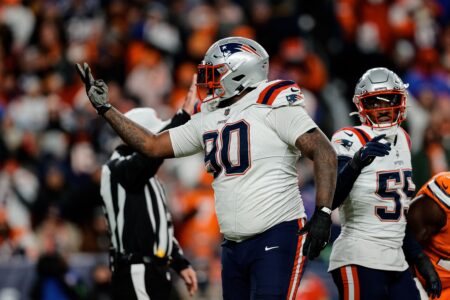Something's been bugging me about this debate that I don't think has been addressed.
I would have punted, but definitely understand the impulse of essentially ending the game with one play. Having said that, there seems to be a feeling about the "go for it" crowd that the value of a punt is essentially zero. I've heard a lot of "yeah, the Chargers would have made up that 40 yards in about 10 seconds, so what's the point?" kind of thing.
I find this strange. Didn't we all agree that Mesko's punt last week was a game changer? Put it this way--the difference between a team being on its own 10 and the opponent's 10 is obviously huge. That's an 80-yard difference, or 40 X 2. Do we just concede that teams drive the length of the field at will? Even allowing for a softer D the first 40 yards (particularly at that stage of the game), which would tighten as the Chargers approached the red zone, I think we should acknowledge that having to go further is harder. Field position matters.


















